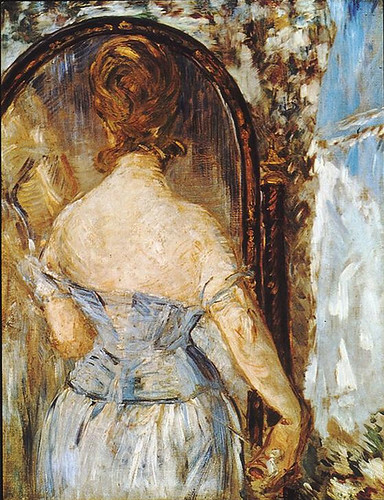 |
| Frankenstein in the movie Frankenstein (1931) |
Some themes that are seen in the book 24, have been seen through out the poem. We see the theme of vengeance and fear, when the Cephallenians come to kill Odysseus for the murder of their sons and brothers. We have seen this theme in Odysseus exacting his revenging on the suitors for using up his resources. As well as when he stabs the eye of the Cyclops for not following the rules of guest – host rules. The scene of the Eupithes riling up the Cephallenians reminds of the scene of Frankenstein, the villagers are in front of the town hall building and then they start amassing weapons to use against Frankenstein. Although, Frankenstein is a book about fear and the scene in the Odyssey is about revenge, you can also see the of Eupithes riling up the Cephallenians as a way for them to protect themselves from Odysseus because they known that he knows that they did nothing to stop the suitors from destroying his house. It can be taken that way as being fear. Fear for their lives. Another theme that can be seen is relationships between father and son. We see the relationship expand between Odysseus and Telemachus as well as between Odysseus and Laertes. Father and son relationships are important in the poem because names are based on the fathers, because the fame that they acquire gets transferred on to the son and the expectation of better than the father becomes a great pressure in the life of Telemachus and Odysseus. This pressure must have been one of the factors of Odysseus deciding to go to war.
Another important theme I think is karma. Karma is the consequences of your actions whether they were for the good or the bad of everyone and how in the end it would come back to haunt you. We see this in the suitors getting killed after taking advantage of Odysseus’ household and bad treatment of the beggars just everyone that worked at the house in general.





